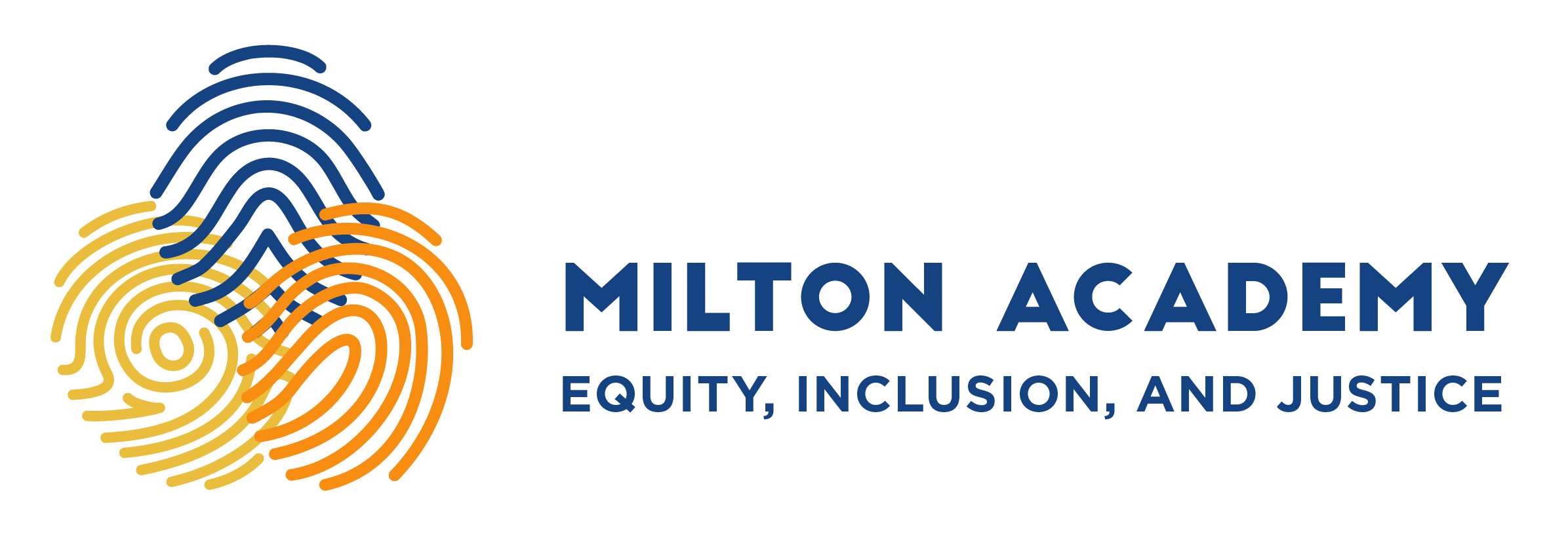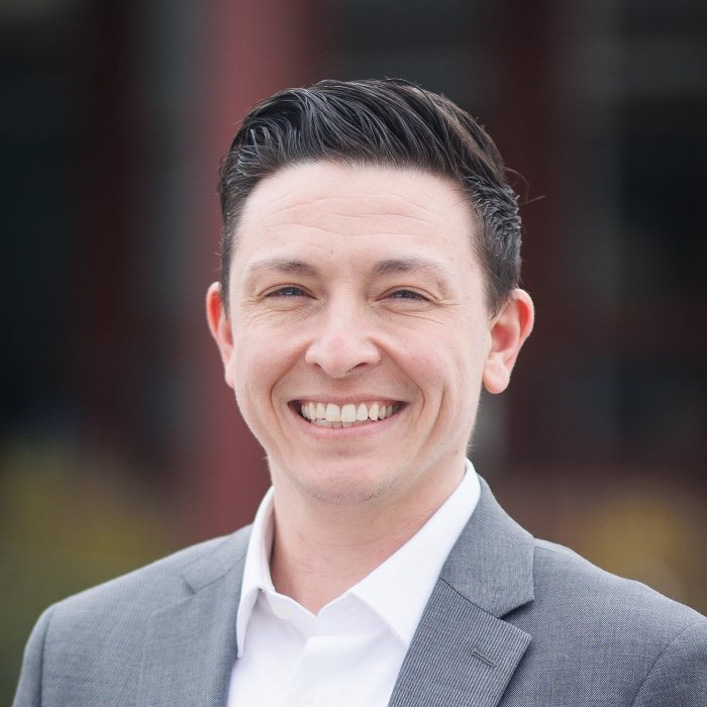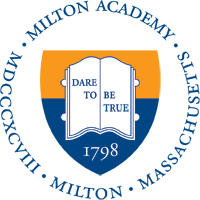

Community in Action – Lower School
The aims of our DEIJ work in the Lower School are many-fold:
- To intentionally support the healthy identity development of all students,
- To enable all students to feel culturally sustained by their school experience,
- To make it possible for all students, employees, and families to experience a consistent sense of ownership–beyond inclusion, beyond belonging–in the school community,
- To equip students with the understandings and skills that they need—right now and into the future—to make sense of an unequal world and work together to change it in age-appropriate ways,
- To make it possible for all students to develop a sense of individual empowerment as well as a deep appreciation for the interdependence of communities, both of which are ultimately key for social change,
- To support the adults in the community to work together to dismantle the systemic inequities in our institution,
- And to provide shared experiences, language, and sense of purpose for parents and employees.
To be effective, we know that our DEIJ work must infuse every part of the community simultaneously. It must be deep, comprehensive, and interconnected. With this in mind, we have devoted ourselves to four related areas: teaching and learning, identity and affinity programming, professional development, and parent engagement.
The Milton DEI Strategic Plan of 2019 ushered in a new phase of DEIJ work in the Lower School. In 2020, the Lower School convened a group of faculty, staff, administrators, and parents to implement the recommendations from the DEI Strategic Plan as well as feedback generously given by current and past community members whose identities have been marginalized at Milton. This Implementation Team worked on a weekly basis throughout the 2020-21 school year and continues its work today. Below are some of the major initiatives currently being implemented in the four areas of focus:
Key Initiatives
[hidden]
Promotes Asian, Asian-American, and Pacific Island cultures through weekly meetings and activities. In addition to their regular meetings, the Asian Society supports production of the Loose Leaf student publication and engages in Boston’s Chinatown on a regular basis, tutoring and providing English support.
Faculty advisors: Nicole Darling and Vivian Wu Wong
Teaching and Learning
- The Lower School has launched a comprehensive DEIJ curriculum K-5, which addresses each of the 20 Social Justice Standards outlined by the organization “Learning for Justice” in each grade level. This curriculum focuses on several key areas of Elementary DEIJ learning, including anti-bias concepts and skills, racial literacy, and social justice.
- Weekly time has been set aside in the K-5 schedules for this curriculum.
- Faculty and administrators are working together to connect the DEIJ curriculum with students’ learning experiences in social studies, Specials classes, reading, writing, and mathematics.
Identity and Affinity Programming
- The Lower School offers a robust student affinity group program, scheduled during the school day, that seeks to engage all K–5 students in age-appropriate activities related to healthy identity development. During this rollout, the Lower School has engaged parents and employees in multiple checkpoints, to ensure that all adults in our community fully understand the purposes of the student affinity program and why it is so essential for all Lower School students.
- The 2021 Summer Read for parents and employees provided a collection of articles, videos, podcasts, and an FAQ all focused on affinity programming for elementary students.
Professional Development
- Lower School faculty, staff, and administrators have engaged in several forms of professional development designed to prepare them to facilitate student affinity groups and implement DEIJ curriculum effectively in the classroom.
- Dr. Sharon Ravitch, professor of education at UPenn and creator of Flux Pedagogy, supported LS employees in the areas of racial literacy, brave space pedagogy, and radical compassion.
- Dr. Charlotte Jacobs, professor of education at UPenn, shared her research on the experiences of BIPOC children in predominantly white institutions and supported employees to develop specific skills to create a more inclusive, equitable, and just learning community.
- Jaci Nelson, DEIJ Practitioner, has provided a series of affinity group facilitator trainings for all LS employees.
- Lower School faculty, staff, and administrators also engage in adult affinity groups. In addition to being essential for our employees in their own right, the adult affinity groups also give them firsthand experience with being a participant in an affinity group and insight into the experiences of our students as they participate in their own affinity groups.
Parent Engagement
- With a focus on parent engagement, the Lower School has been able to provide multiple checkpoints for parents to understand the purposes of DEIJ work in the Lower School, especially as it relates to their children. These checkpoints have included grade-level parent meetings, parent virtual coffees, and speaker series. We will be able to continue to offer checkpoints throughout this school year.
- Parents and administrators have collaborated to design a multifaceted set of structures for parent engagement, enabling parents to participate in a mix of small and large group meetings, interactive sessions and presentations from experts, volunteer-based work and whole community conversations.
- Thanks to the leadership of current LS parents during the 2020-21 school year, the Lower School has also been able to significantly expand the core group of parents dedicated to advancing DEIJ work in the LS community.
Leadership

Matthew Cobb-Ferrara
Lower School Director of Equity and Inclusion
(he/him)
An experienced trans-identified educator, Matt has taught in various lower school grades in a variety of school settings including, public, charter, and independent schools. Matt previously was the Director of diversity, equity, inclusion, and belonging at the Chapin School Princeton. In this role, Matt led the school’s DEIJ efforts including faculty professional development and curriculum development. Matt earned a bachelor’s degree from Smith College in sociology and the study of women and gender and his M.Ed from the University of Pennsylvania in educational leadership where he researched “Stakeholder’s understanding of belonging in independent schools.”
